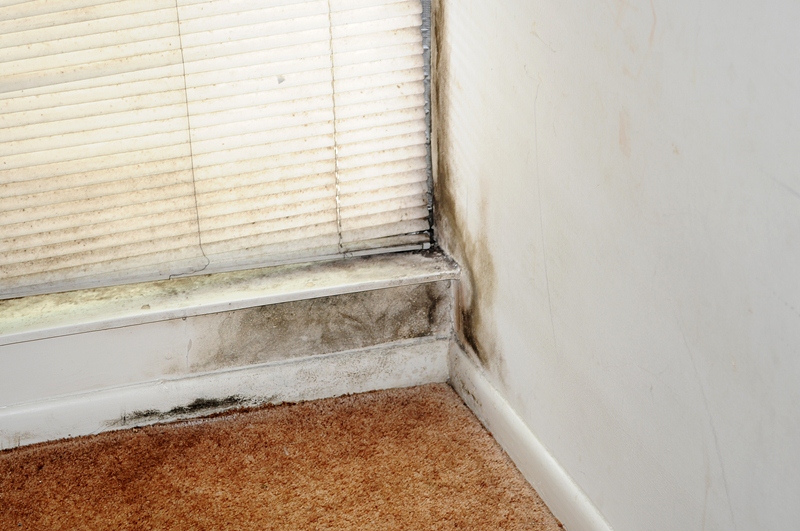Mold – A Danger for Your Health
Mold is the term used for a large variety of microscopic fungi that requires moisture to survive. Some types of mold are not harmful, but generally, those kinds of mold that can be found in your home can make you sick. Because of this, it is important to make sure that you don’t have any mold and that your house is a safe environment for you and your family.

As it was already said, mold needs moisture to reproduce, and it can have a terrific growth in proper conditions. In just a few hours, a very small spot of mold can grow in a whole colony, of the size of a coin. It releases spores that develop into mold as soon as they have the proper condition, but what is more important is that the spores are very dangerous to your health, no matter the conditions. This means that even if there isn’t any moisture, the spores released by mold can still be present in the air, and you may inhale them. This will lead to many health problems.
Chronic Inflammatory Response Syndrome
Chronic Inflammatory Response Syndrome can also be referred to as mold illness. Some people – not all of them – develop this illness when exposed to mold for a long period. This happens because they have a certain gene that provokes an immune reaction when in contact with mold.
Normally, a body exposed to mold will bind the poison produced by these fungi with certain cells that allow the toxin to be filtered by your detoxification system. On the other hand, people with HLA-DR gene will develop a chronic condition because the toxin produced by mold cannot be filtered by the body. In this case, the toxin will remain in their body, and it will damage certain organs and tissues.
- Symptoms
The symptoms of this condition are varied, ranging from sinus problems to diarrhea. Here are some of them: headache, memory problems, inability to stay focused, disorientation, blurred vision, fatigue, muscle cramps, red eyes, tearing, shortness of breath, cough, joint pain, abdominal pain, light sensitivity, skin sensitivity, night sweats, mood swings, metallic taste, appetite swings, tremors, numbness, and morning stiffness.
- What to do
Because of the large number of symptoms that a person may experience, it is quite difficult to diagnose the Chronic Inflammatory Response Syndrome. Moreover, it is not necessary to experience all these symptoms when suffering from this syndrome.
For this reason, when you have some of these signs, and you cannot find their cause even if you already went to a doctor, you are advised to make sure that there is no mold in your house.
Mold usually lurks in the places that are not so accessible for you, and you cannot clean them very often, for example, behind or beneath the washing machine or the fridge. The small cracks in the bathroom walls or the area under the sink can be another proper environment for mold, especially if your bathroom is not well ventilated.




They want our kids back in school,when there is mold all around.This is Flint again.Then they will say they are sorry when its too late.